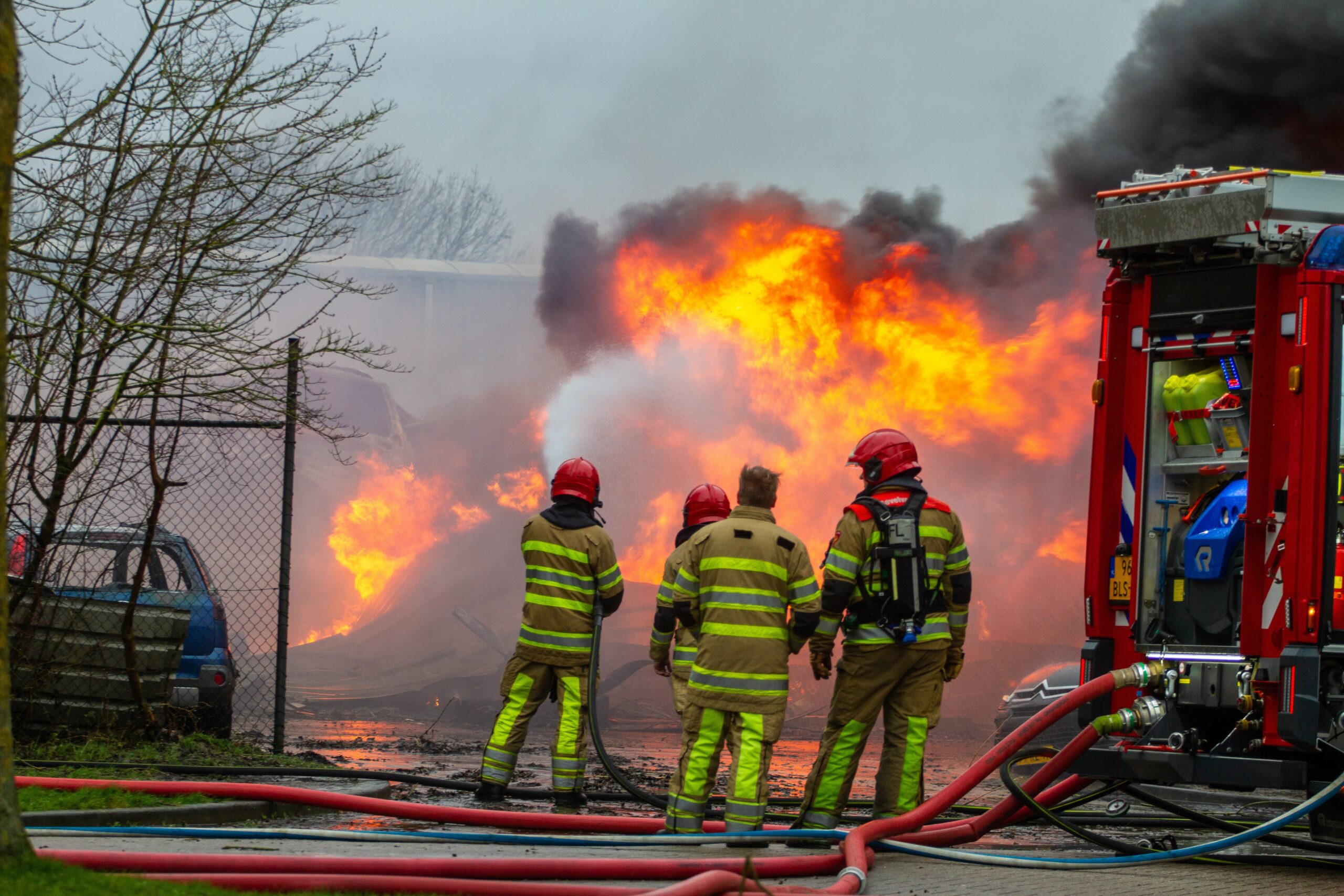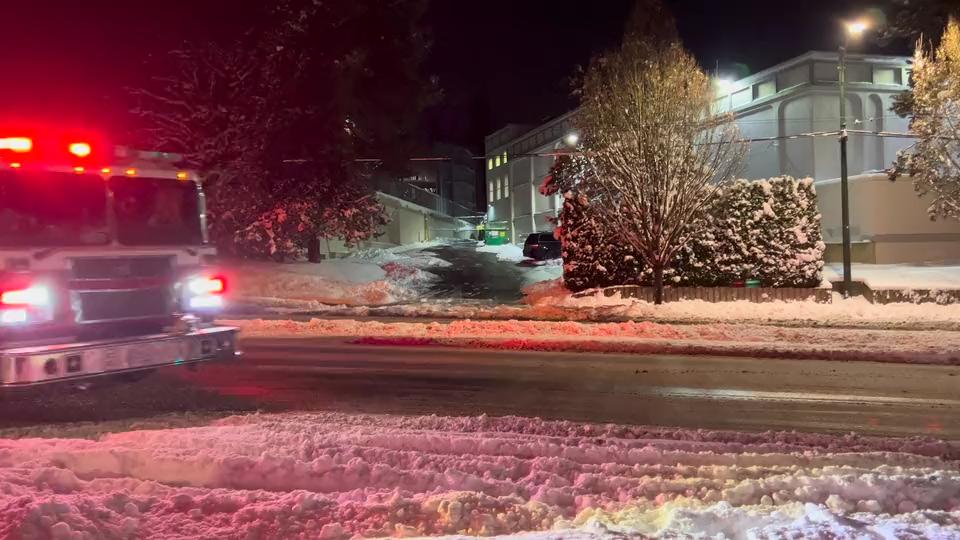ADDRESSING PERENIAL FLOODING: A SAFETY PERSPECTIVE
One of the most prevalent disasters in Nigeria is perennial flooding. Suffice to say that this scourge has become a reoccurring decimal for decades in Nigeria. Interestingly unlike some natural disaster, flooding can be curtailed, yet it keeps wrecking visible havoc annually in the country. It is no longer a secret that in our lackadaisical manner we ignore almost all imminent signs until disaster strikes, then we shed crocodile tears and set up an investigation panel to avoid embarrassing questions on the preventable incidence; and after the euphoria of the incidence must have cooled off, the nation will come alive again waiting for another circle of disaster to occur. What is perhaps more alarming is the apathy and apparent insouciance with which flood related warnings have been treated over the years. The above analogy depicts the woeful rendition of our attitude to this annual perennial disaster. The question is can we ever break the jinx from this calamity?
Evidently, Nigeria have been stubbornly flaunting directives by maintaining unhealthy lifestyles that results in flooding and the attendant consequences. Historically, Nigeria has focused more on post disaster flood response rather than control. Conversely, the lack of relevant policy frameworks shows the low importance given to manage this perennial occurrence. More perpetual causes like inadequate drainage channels, silted dams and waterways, overgrown grass on river channels and riverbeds, encroachment of waterways for buildings, blocked drainages and poor adherence to town planning regulations have all contributed to major causes of flood in the country. In 2011, the United Stated lost a stupendous $8.4 billion to flood. Nigeria has already lost several billions to this scourge in 2012. We cannot afford to lose more. It is imperative to adopt opportune and exact measures to assuage the impact of the nuisance as there can not be any excuse for flooding any further. For us at Safety Consultants and Solutions Providers (SCSP) we are pained hen we see preventable losses continue annually.
Joyfully, the raining season is already getting intense in most part of the country. It is necessary that the government and the people take proactive measures to address the scourge. As a first throw of the dice, we advocate for the integration of flood risk management with spatial planning. Sustainable urban planning with green infrastructure and technological alert systems will be helpful. In this regard we call for strategic planting of trees especially in municipals. This is not time for rhetorics or jamborees couched in the euphemism of summits and seminars or convention on flood. In fact as a matter of necessity, we call for the use of Self Closing Flood Barriers (SCFB) in communities and high risk flood zones as river defences should be constructed too to prevent rivers from bursting their banks. Likewise, Government must create and enact a functional flood control and management policy immediately. We implore the 36 states and the FCT authority to create retention basins for harvesting flood water from major rivers and for possible ground water recharge. That way, excess water from major rivers is stored and safely handled without wrecking havoc. There should also be intense public enlightenment. Traditional rulers, council chairmen, community and youth leaders should rally to educate the people on the dangers of ignoring flood warnings. This should be closely backed up by a radical evacuation of people living in flood danger zones. States and Local Governments must have their flood hazard maps and community action plans that is functional and in use.
At Safety Consultants and Solutions Providers (SCSP) we are optimistic to see that Nigeria does not continue in the path of consistent perennial flood disaster. We will not relent in safety advocacy as it propels us to improve in protecting and safeguarding our livelihoods and the environment.






